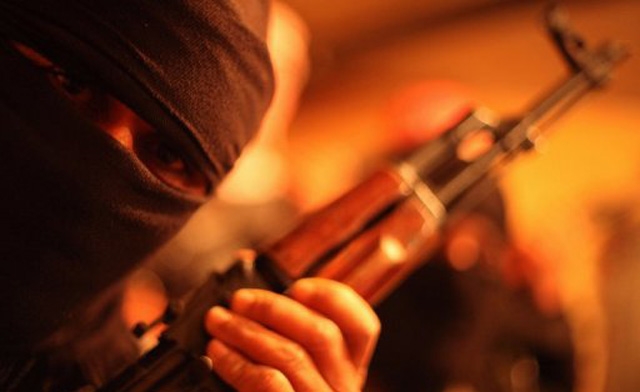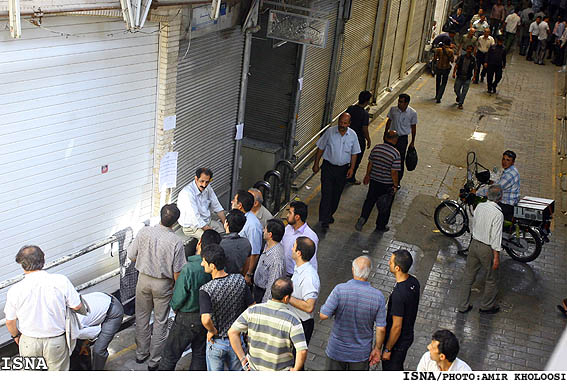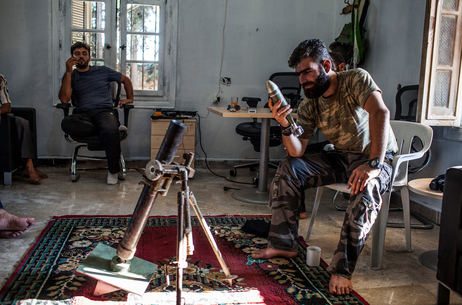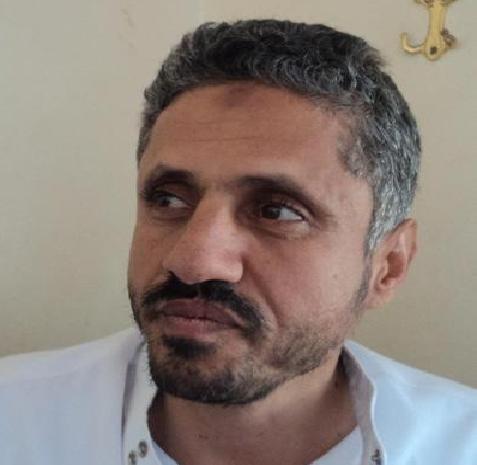EA Video Analysis: The New York Times Muddled the Story of "Secret US-Iran Nuclear Talks" --- But Why?
See also EA Video Analysis: How to Become An Expert on the Iranian Nuclear Programme
In our latest Experts' Guide to Iran, we explain how a dramatic New York Times story of "secret US-Iran nuclear talks" missed the essential context --- namely, that Tehran has not stopped pushing for renewed high-level negotiations, trading a suspension of 20% enriched uranium for an easing of Western sanctions, since the stalemate of the last formal encounter in Moscow in June.
Then we get to a bigger muddle, stirred by the Times' vague references to its sources --- who revealed the US-Iran contacts, with supposed hopes for public negotiations after an Obama re-election in November, and why?

 Thursday, October 25, 2012 at 9:43
Thursday, October 25, 2012 at 9:43



